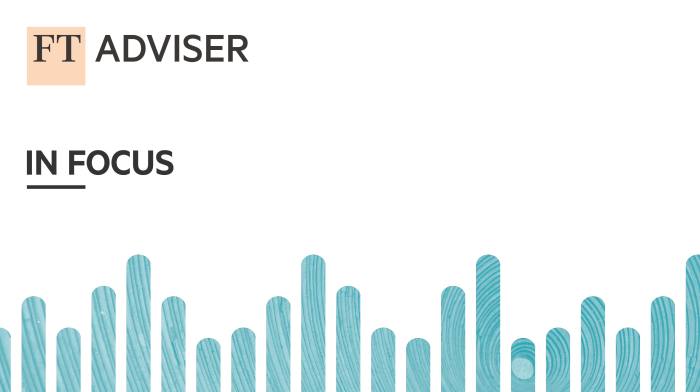
Venture capital trusts and Enterprise Investment Schemes have become increasingly popular over the past few years as the tax burden has risen and the quality of products available has increased, according to the guests on the latest FTAdviser In Focus podcast.
Moray Wright, chief executive and co-founder of Parkwalk Advisors, said: "We've seen lots more advisers getting to know and understand this space."
The key thing, he said, was "this is a small part of your portfolio management and can generate those outsize returns that help your overall portfolio performing very well".
Sarah Barber, chief executive at Jenson Funding Partners, said with changes to things like pension tax relief, such as the annual allowance taper, creating "that sort of portfolio for your investor is really important".
Stephen Page, founder and chief executive of SFC Capital, agreed, saying IFAs should consider having a small part of their clients' investment in EISs and VCTs as "the quality of [EIS and VCT managers] has improved so much over the past 10 to 15 years.
"The industry has come of age. We've all been in it for a long time and we know a lot more than we did then. And I think we're making much better investment decisions now."
As with any investment manager, track record has been at the forefront of many advisers' minds and there are concerns this could be creating a monopoly in this sector as VCT launches of well-known managers such as Octopus have been oversubscribed.
Page said a fund manager's track record was "crucial", but added: "There are good funds that have built that up now over a number of years.
"It's a well-structured industry by now and each of them [VCTs and EISs] has their advantages and their benefits according to that type of business they are investing in."
Barber said: "Overall what we're seeing is the larger companies trying to build up these funds. They are also moving into different spaces – the likes of Octopus moving back into the EIS market as people are starting to invest in earlier stage.
"So it's not just about this monopoly of larger companies with these VCT funds, they're also coming into a different market at a different stage as well."
There are differences between EISs and VCTs. With VCTs investors are broadly buying into an existing portfolio, whereas with EIS investments they own shares in that company.
Wright explained: "As well as the differences in investments that the vehicles make there are also differences in how they actually work for the investor.
"If you invest in a VCT you're obviously buying something that's liquid... so theoretically there's a bit of liquidity after your minimum holding period, and VCTs get dividends so they are trying to get growth as dividend growth tax free, whereas with EIS we're trying to make capital growth which is also tax free, so there's no capital gains tax on profits made by EIS funds or EIS investments as long as they are held for that minimum three-year holding period.





